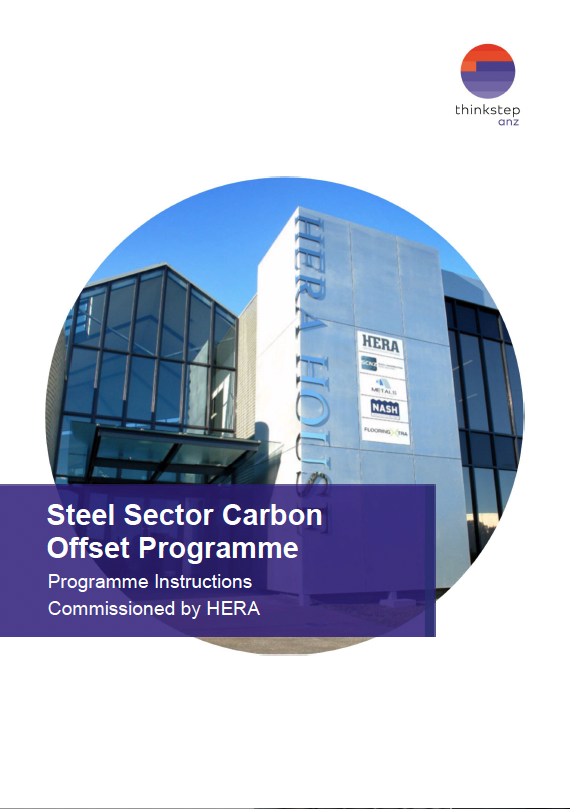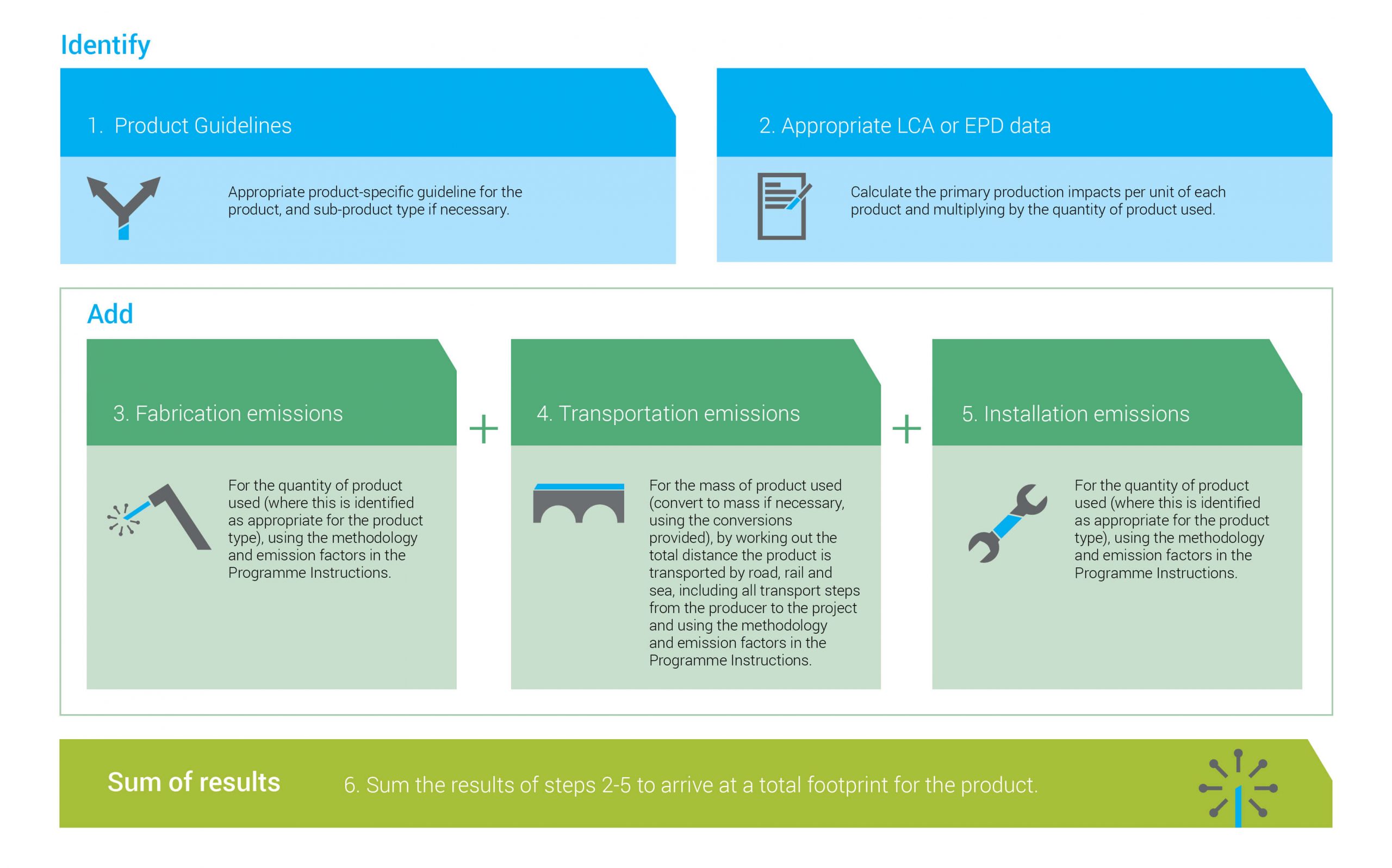In response to our role in reducing Aotearoa New Zealand’s carbon emissions – we’ve developed the world’s first comprehensive steel product offset calculator.
This is part of our steel product carbon offset program – Hōtaka Whakakore Puhanga Waro (mo te Hua Rino), which has been developed to provide a robust carbon offsetting program for steel products in New Zealand.
Reducing the steel industry’s emissions is a big challenge. This is because carbon is primarily used in the steel making process as a reductant (rather than a fuel). And currently, no commercially viable alternative exists for coal as the reductant in steel making.
Until such an alternative is developed, it is important for the industry to utilise carbon offsetting as a mechanism to reduce net emissions.
How is the steel products carbon calculated?
Why will this program be trustworthy and credible?
Why is it important to support indigenous forest restoration and regeneration?
In New Zealand, regenerating and restoring native forests represents a huge opportunity for sequestering carbon, while creating jobs, restoring biodiversity, and protecting soils and waterways at home.
In Aotearoa, 85% of the land was once covered in indigenous forests, and home to a host of unique species of plants, birds, insects and reptiles. Today, only 24% of this kind of land cover remains. Taking steps to right this is important, particularly given we are experiencing a biodiversity crisis with 4000 indigenous species at risk of extinction.
Natural forests assist this, as they are among the most biodiverse places on the planet and form an enormous carbon store, regulating the world’s weather and climate. More carbon is stored in soil (44%) than living biomass (42%), with the rest found in dead wood (8%) and forest litter (5%). The alternative of agricultural tree plantations with very few species are much less carbon dense and support much less life.
Supporting indigenous forests is a win-win approach that tackles the complex links between climate, forests, waterways and other ecosystems, whilst weighing the impacts on local communities and economies.




